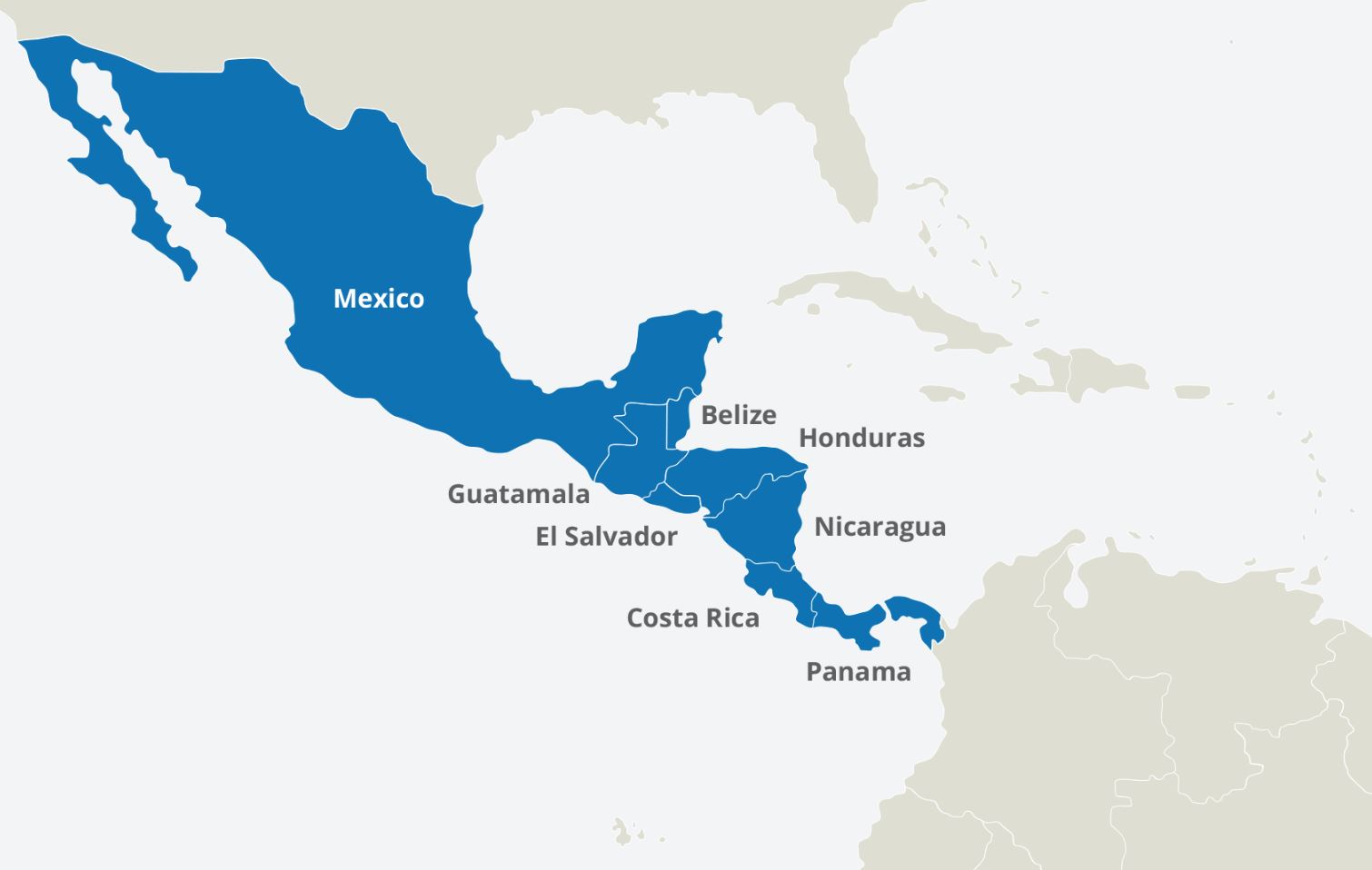
Business leaders in Mexico and Central America say there are low expectations of a recession in their countries and they are confident in the growth of their companies.
However, according to KPMG’s VIII Outlook Survey, they admit there is a slowdown.
In the next 12 months, only 34% in Central America and 32% in Mexico believe there could be a recession in their countries.
Globally, 86% of participants believe there will be an economic recession, although 58% expect it to be “mild and short”. Therefore, 76% feel prepared to overcome its effects.

KPMG’s global survey included 1,325 managing directors or CEOs, all selected with an annual turnover of at least US$500 million. A third of the sample sells more than $10 billion.
For regional data, KPMG interviewed 50 CEOs in Mexico and 45 CEOs in Central American countries. The research took place between July 12 and August 24, 2022.
Asked about confidence in the economy in their countries, the level in Central America reaches 94%, well above the global average of 85% and even above Mexico’s 80%.
“We see a higher rate of confidence, especially in Central America, about the growth of the economy in their country,” said Victor Esquivel, KPMG’s managing partner in Mexico and Central America.
What about the performance of their organization? In this regard, 84% of CEOs in Central America say they will grow, a level slightly lower than the global average of 85% and higher than 76% of those in Mexico.
“Leaders at the international level and regional leaders recognize a level of confidence, but we are also seeing a slowdown,” Esquivel analyzed.
In a shorter-term perspective, over the next six months, 73% of CEOs or directors are confident in the sustainability of the global economy, up from 59% in the February exercise.
HOW ARE PLACES PREPARED?
How are companies coping with the threats of a recession? Globally, 39% have frozen hiring and 46% are considering job cuts in the coming months.
But the concern is not limited to reducing the size of teams, but rather how to make them more competitive.
That is why a competition scenario is taking shape for talent with the necessary experience and skills, especially in digitization.
Inorganic growth is emerging as a strategy. Twenty-six percent expect to enter into a strategic alliance, 11% a merger or acquisition, and another 11% a joint venture.
For KPMG, this is happening because leadership is beginning to recognize the need to accelerate steps towards digital transformation, environmental sustainability and other related issues.
“To grow, organizations need to think outside the box. In particular to engage in digital transformation projects, to improve the customer experience or even to adopt schemes to contribute to or reduce the environmental impact, for example, “said Esquivel.
The focus on key risks has also changed. In 2021, the top countries were cyber security, supply chain disruptions and climate change; in 2022, it is exhibiting technological, operational, regulatory and reputational risks.
“This speaks to the rapid transformation required by the market, customer consumption patterns, as well as supplier requirements to be able to supply value chains,” noted KPMG’s regional representative.
Companies are also projecting increased scrutiny from stakeholders. Seventy-three percent globally, 76% in Mexico and 77% in Central America think that the transparency required by third parties will continue to accelerate over the next three years.
Esquivel weighed in that overall the opportunities are greater than the challenges this year. Mexico and Central America are rich in human talent, with a demographic bonus and the need to raise educational standards.
“We generally have great talent on the technology side,” he said. The key is to connect current consumption patterns with the visualization of the future.
“We will also see new business models that seek to address these environmental, social and governance concerns,” he commented. Among these, fintech has the potential to improve social inclusion.
Is telecommuting coming to an end?
Companies with dedicated teams perceive better profitability and productivity, enhancing reputation, said Luis Laguerre, managing partner of KPMG in Panama.
Sixty-two percent of CEOs in Central America, 56% in Mexico and 65% globally expect their entire staff to work full-time in the office within the next three years.
“This implies that if there is a percentage of organizations that will have a hybrid situation or status, and we see it in the sense that 28% of those who responded to the survey, 42% in Mexico and 29% in Central America, indicate that this The face-to-face return will be in a hybrid way,” said Laguerre.
With information from Bloomberg



